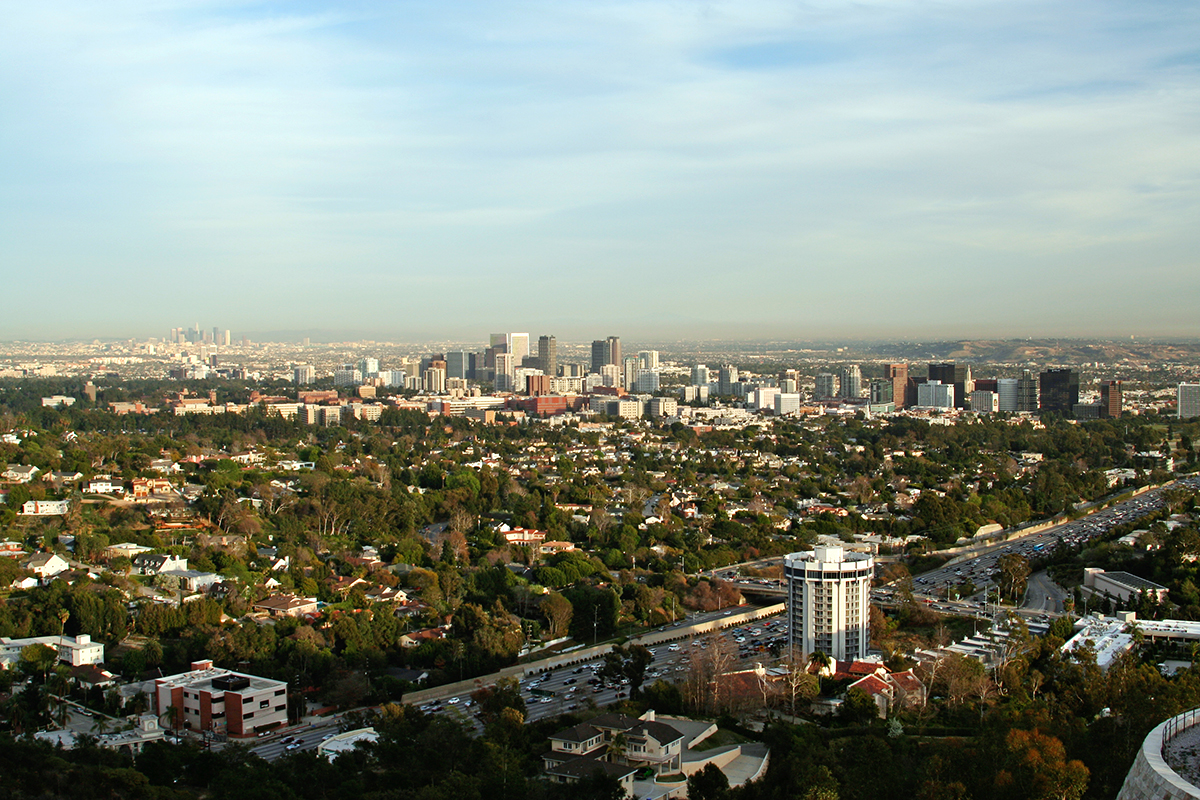This series is named after the popular TV franchise known as the Real Housewives of Beverly Hills. We have a bit of a different mission, though. Whereas the Real Housewives series aims to highlight drama between its subjects, the Real Rabbis series sheds light upon the wonderful diversity we have within Jewish life at UCLA.
Periodically, Ha’Am News will select one rabbi from a UCLA campus organization such as Hillel, JAM, or Chabad. Each rabbi answers the same eleven questions about their work and theories and shares their answers with you. For the first interview of the series, we selected Rabbi Dovid Gurevich from UCLA’s Chabad. Enjoy his answers below!
1. What Jewish campus organization are you affiliated with, and in what way are you affiliated?
My wife Elisa and I direct the Chabad House at UCLA since 2006.
2. How would you describe the degree of Jewish observation of your organization (ex. is your organization Orthodox, Reform, etc.)?
Although our personal level of observance is very strict, I think Chabad fits into any specific box. Most of our participants tend to be from not very observant Jewish homes. To paraphrase the Chabad Rebbe and leader, “Labels are for t-shirts, not people.”
3. What do you and/or your organization ultimately hope to accomplish in terms of impacting Jewish life at UCLA?
We hope to elevate Jewish student experiences at UCLA and inspire them to treasure and utilize their Jewish identities, by offering meaningful and deep educational and social opportunities.
4. What made you decide to become a rabbi, and when did you make that decision?
Some decisions in life are made for us… In general, in Chabad everyone is encouraged to become one, meaning to learn the requisite material, so there are thousands of businessmen and other professionals in Chabad communities who also have rabbinic training.
5. What steps were necessary in order for you to become a rabbi in your sect of Judaism?
In Chabad, the traditional rabbinic curriculum of an in-depth study of specific areas of Jewish law itself is usually tacked in about a year. However, it is the culmination – or rather continuation – of a lifetime of learning, which comes on the heels of years of advance Judaic studies. In my case, I had some catching up to do…
6. What was the most challenging part of your rabbinical training?
Long days and terse subjects.
7. What aspect of your rabbinical training surprised you the most?
I guess that the mystical parts, which seemed most abstract then, are now perhaps most relevant in real life.
8. What is the most challenging part of your current role as a rabbi in your organization?
Wearing so many hats, including those of a fundraiser, web designer, marketer, prep chef, social media expert, driver, event planner and more, in addition to parenting, teaching, and entertaining. …And being ghosted!
9. What aspect of your current role surprised/surprises you the most?
Probably to what extent students undervalue all the subsidized, free, and stipend opportunities presented to them.
10. What are some misconceptions that individuals tend to make about your role in the Jewish community at UCLA and beyond?
I think that non-religious students tend to think that we are here only for the religious, and vice versa.
11. What advice would you have for students who aspire to become a rabbi?
Don’t do it! Just kidding. Don’t do it for a career, but only if it’s a calling.

